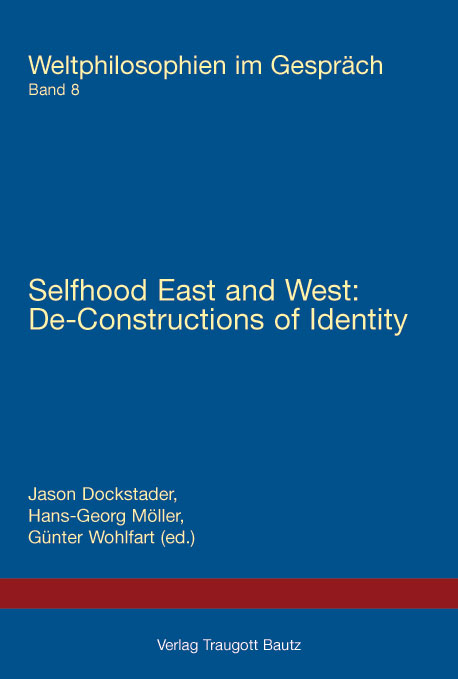 |
Introduction
"Self" and "identity" have been quite popular academic subjects in the humanities and the social sciences. It seems that
selfhood and identity become particularly pressing issues when what these notions are supposed to designate is perceived
as being in danger. As long as we are sure about ourselves and our identity, we do not need to question them. We often
only start caring about them when they are in doubt. This tends to be the case for both individuals and societies or
cultures in general. With respect to the latter, the struggle for either gaining or maintaining identity typically occurs
in a situation of crisis, in times of conflict, of suppression, or of occupation. But also with respect to the individuals,
questions about what or who we "really" are tend to arise only when we feel that the actuality of our existence is in doubt.
Accordingly, philosophical debates about self and identity in Western and non-Western traditions have focused on trying to
identify essential characteristics of what constitutes ourselves- either in the singular or in the plural.
|
